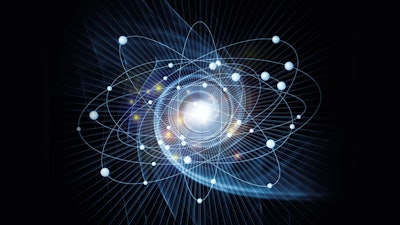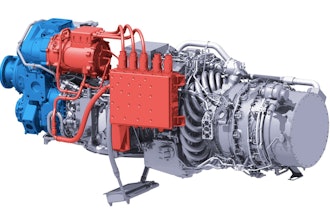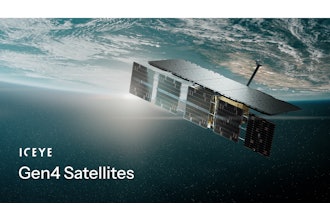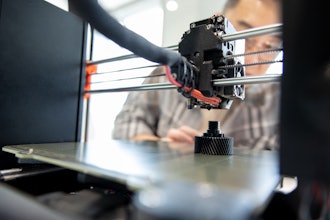
BAE Systems’ FAST Labs research, development, and production organization and the Air Force Research Laboratory (AFRL) have signed a three-year Cooperative Research and Development Agreement (CRADA) to advance quantum sensing and networking capabilities.
Jane Heyes, principal scientist at BAE Systems' FAST Labs, said, "This agreement will enable us to push the boundaries of quantum sensing and networking. Working with the Air Force Research Laboratory advances new possibilities for enhanced soldier communications, spectrum awareness, and electronic warfare."
This collaboration aims to refine and integrate cutting-edge technologies into quantum sensors, networks, and distributed sensing research in an effort to revolutionize capabilities and enhance future security for defense and civilian applications.
Dr. Erin C. Sheridan, research physicist in quantum information science at AFRL, said, “We look forward to industry collaboration which leverages AFRL expertise in quantum networking in concert with industry side expertise in quantum sensing. Combining multiples of these quantum RF sensors into an array is an exciting area of research in quantum sensing that will deliver new capabilities for the warfighter.”
Under the CRADA, BAE Systems' FAST Labs will utilize its expertise in developing quantum RF sensors based on Rydberg atoms, which are highly excited atoms suitable for studying quantum mechanics and enabling new technologies. This approach allows for frequency-independent sensing, ideal for integration on smaller platforms.
Multiple RF antennas working together is necessary for different types of measurements that are important for a broad spectrum of defense interests.
Work on this program will take place at BAE Systems’ facilities in Merrimack, New Hampshire and AFRL’s Information Directorate in Rome, New York and at an AFRL field test site located in Stockbridge, New York.






















